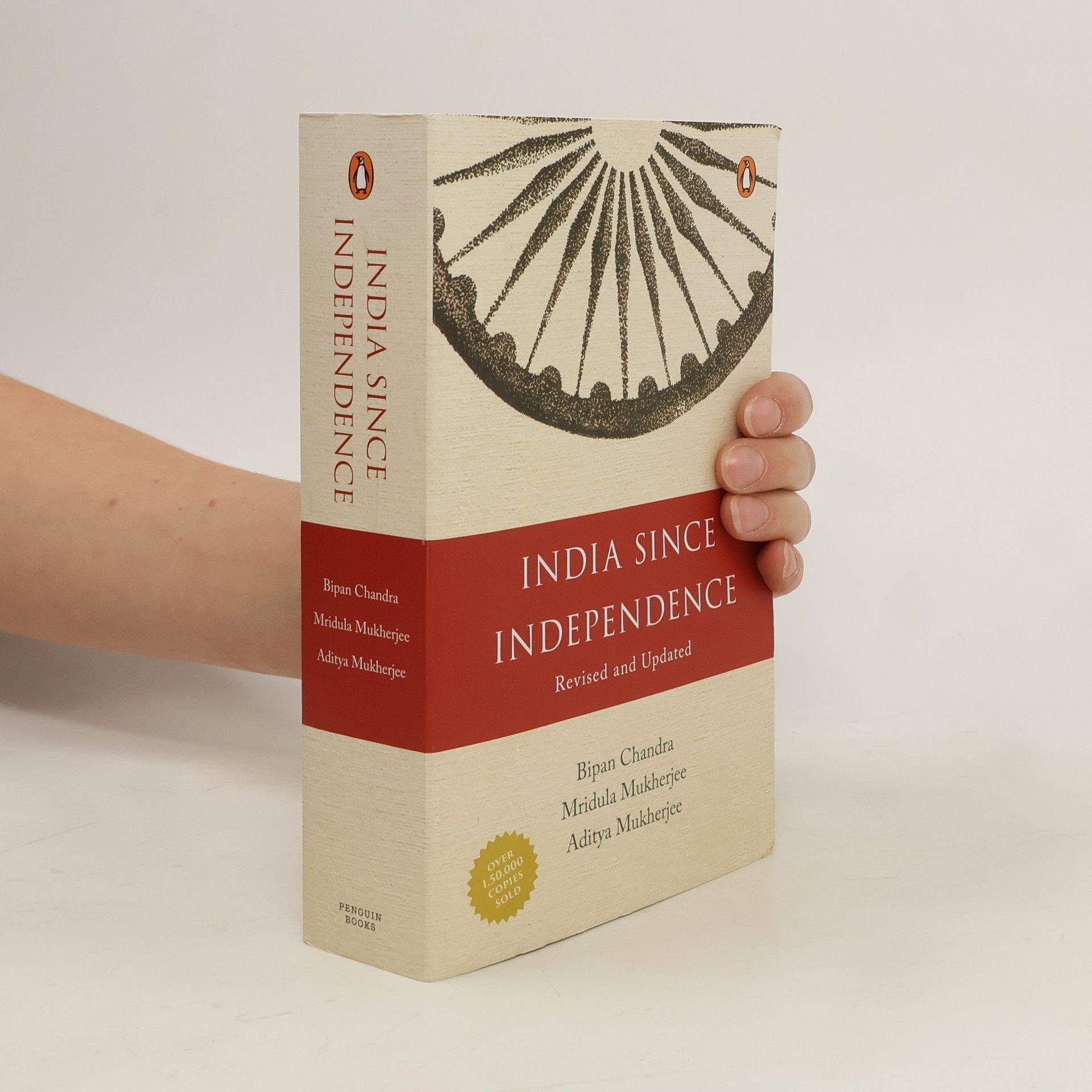India Since Independence
- 771 stránek
- 27 hodin čtení
This volume analyses the challenges India has faced and the successes it has achieved, in the light of its colonial legacy and century long sruggle for freedom.
Bipan Chandra je indický historik, který se specializuje na hospodářské a politické dějiny moderní Indie. Je považován za autoritu v oblasti moderních indických dějin a jeho práce se zaměřuje především na národní hnutí. Jeho odborné znalosti a popularita z něj činí jednoho z nejvýznamnějších badatelů v tomto oboru.


This volume analyses the challenges India has faced and the successes it has achieved, in the light of its colonial legacy and century long sruggle for freedom.
This is the first major study to examine every one of the varied strands of the epic struggle individually and collectively and present it in a new and coherent narrative and analytical framework. Basing themselves on oral and other primary sources and years of research, the authors take the reader through every step of the independence struggle from the abortive Revolt of 1857 to the final victory of 1947. More important while incorporating existing historiographical advances, the book evolves a new and lucid view of the history of the period which will endure.